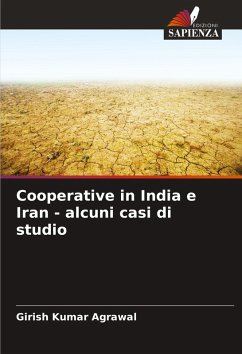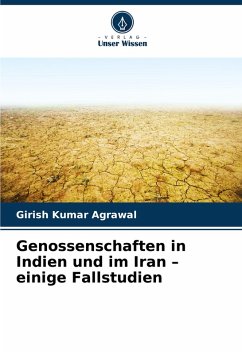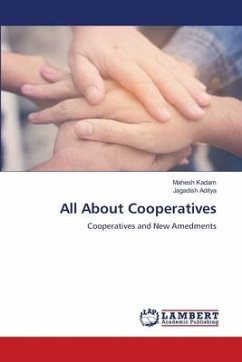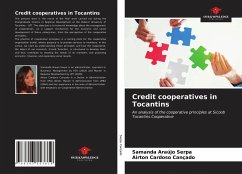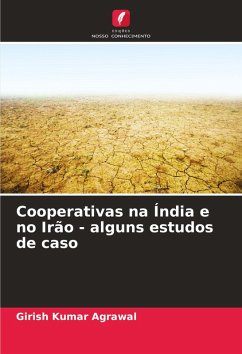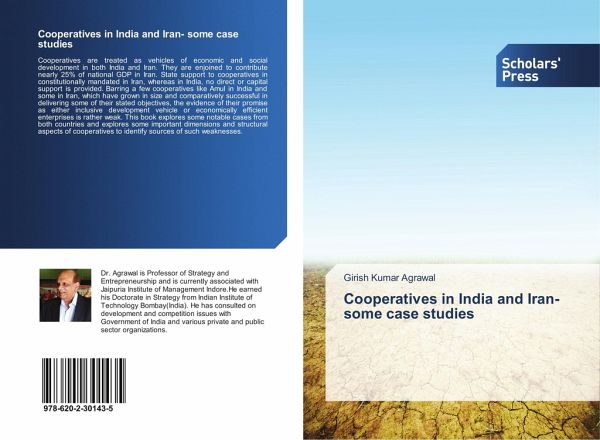
Cooperatives in India and Iran- some case studies
Versandkostenfrei!
Versandfertig in 6-10 Tagen
30,99 €
inkl. MwSt.

PAYBACK Punkte
15 °P sammeln!
Cooperatives are treated as vehicles of economic and social development in both India and Iran. They are enjoined to contribute nearly 25% of national GDP in Iran. State support to cooperatives in constitutionally mandated in Iran, whereas in India, no direct or capital support is provided. Barring a few cooperatives like Amul in India and some in Iran, which have grown in size and comparatively successful in delivering some of their stated objectives, the evidence of their promise as either inclusive development vehicle or economically efficient enterprises is rather weak. This book explores ...
Cooperatives are treated as vehicles of economic and social development in both India and Iran. They are enjoined to contribute nearly 25% of national GDP in Iran. State support to cooperatives in constitutionally mandated in Iran, whereas in India, no direct or capital support is provided. Barring a few cooperatives like Amul in India and some in Iran, which have grown in size and comparatively successful in delivering some of their stated objectives, the evidence of their promise as either inclusive development vehicle or economically efficient enterprises is rather weak. This book explores some notable cases from both countries and explores some important dimensions and structural aspects of cooperatives to identify sources of such weaknesses.



